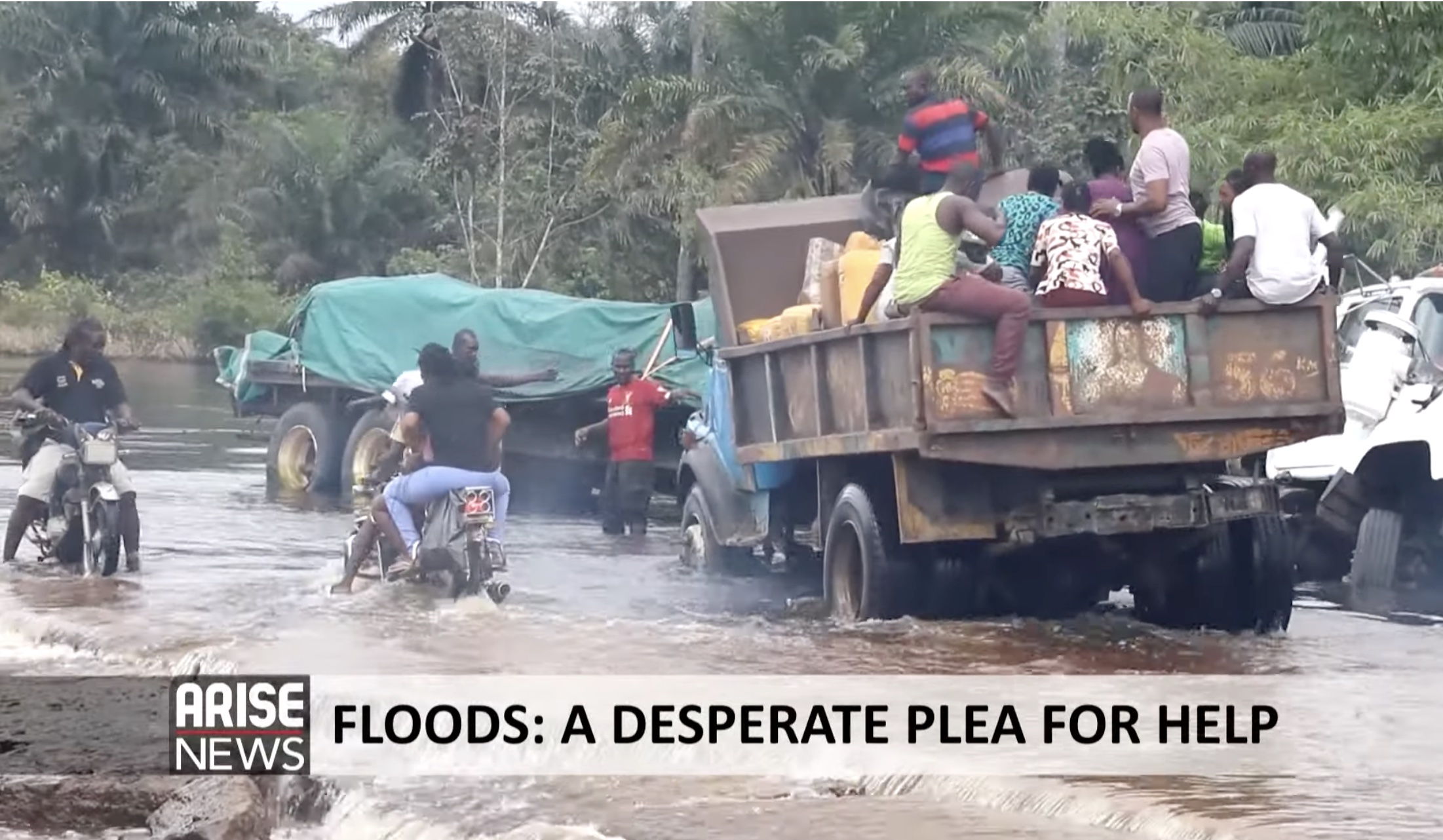The United Nations Children’s Fund (UNICEF) has said no fewer than 600 persons died in the 2022 flood in Nigeria, while 1.3 million others were rendered homeless.
Chief of UNICEF Field Office, Enugu, Mrs. Juliet Chiluwe, said this occurred in 34 out of the 36 states in the country, between September and October.
Chiluwe stated this on Saturday during the official handover of some supplies from UNICEF to Anambra State government, for onward delivery to the flood victims.
She said: “We acknowledged that since September 2022, the worst floods in a decade affected 2.8 million people, of which an estimated 60 per cent are children, across 34 of the 36 states in Nigeria. Of those affected, 1.3 million people have been displaced, and over 600 people have died in relation to flooding, according to government data.
“Continuous heavy rains have collapsed hundreds of public health facilities, water systems and sanitation facilities, increasing the risk of waterborne diseases, such as cholera, Diarrhea, and malaria.”
At the occasion, UNICEF officials handed over 100 drums of chlorine for disinfection of water sources, 40 cartons of Aquatabs for household water treatment, and 320 cartons of Ready to Use Therapeutic food (RUTF) to the Anambra State government.
Chiluwe added: “To contribute to the effort of government and other development partners, UNICEF, with funding the Central Emergency Response Fund (CERF), has initiated a multi-sectoral response comprising Health, Child Protection and WASH sectors, to mitigate the impact of the floods support the early recovery-phase of the affected population in Anambra State.
“For child protection, the response will focus on protection concerns in three key areas: Provision of psychosocial support for flood-affected children; the prevention of family separation and the reunification of separated and unaccompanied children, as well as the strengthening of community-based protection systems related to GBV.
“For health, the response will focus on emergency primary health care services to address waterborne and vaccine-preventable childhood diseases by ensuring continued access to health services via mobile brigades, prepositioning essential medicines and supplies, support the restoration of basic health services and improving health-seeking behaviours through community engagement.”
Anambra State Deputy Governor, Dr. Onyekachi Ibezim, who represented the governor, Prof. Chukwuma Soludo, received the items donated to the state.
Receiving the items, Ibezim noted that: “UNICEF has been a long-standing partner of the Anambra State government, and we are very happy with your interventions.
“We will make optimal use of the materials donated, and I wish to tell you that since the flood started, the government has done a lot to ensure the safety of the people in the affected areas.”
David-Chyddy Eleke in Awka
Follow us on:

















